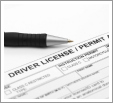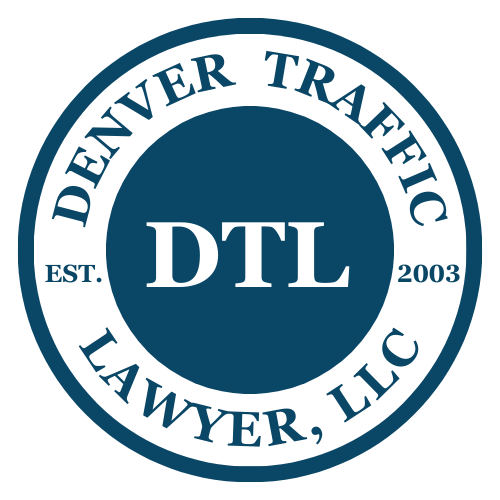Denver Traffic Lawyer
Colorado Springs Traffic Lawyer
Payments
Accepting major credit cards, cash, personal checks, bank checks, & money orders.

Failure to Yield to Emergency Vehicle
Failure to Yield to Emergency Vehicle

The charge of Failure to Yield to Emergency Vehicle, also including failure to yield to stationary or slow-moving vehicles may be charged as a Class A Traffic Infraction, a Class 2 Traffic Misdemeanor Offense or a Class 1 Traffic Misdemeanor Offense, depending upon the circumstances in the case, as detailed below:
Failure to Pull Over to the Right-Side of Roadway for Emergency Vehicle

A Failure to Pull Over to the Right-Side of Roadway for an Emergency Vehicle charge applies where a driver fails to pull over to the right-side of the roadway for a passing emergency vehicle that has its red and blue lights and siren activated. Failure to Yield to Emergency Vehicle is a Class A Traffic Infraction and a conviction will result in a scheduled fine plus court costs and surcharges, with an assessment of 4 points to your driver’s license.
Failure to Yield to Emergency Vehicle Without Injury or Death

Failure to Yield to Emergency Vehicle With Injury or Death

A Failure to Yield to Emergency, Stationary or Slow-Moving Vehicle With Bodily Injury or Death (legally the same as Careless Driving) charge applies where a driver fails to move over a lane or slow down for an Emergency, Stationary or Slow-Moving Vehicle (see definitions above). Failure to Yield to Emergency Vehicle with bodily injury or death is a serious charge. It is a Class 1 Traffic Misdemeanor Offense and a conviction may result in a scheduled fine plus court costs and surcharges, a possible jail sentence of 10 days to 1 year, restitution, community or useful public service, probation for one year or longer, and other possible requirements by the court, with an assessment of points — 4 points for causing bodily injury or 12 points for causing death — to the driver’s license. In some cases, Failure to Yield to Emergency Vehicle may affect your automobile insurance coverage or premium rates for years to come.


 Next: Read
Next: Read